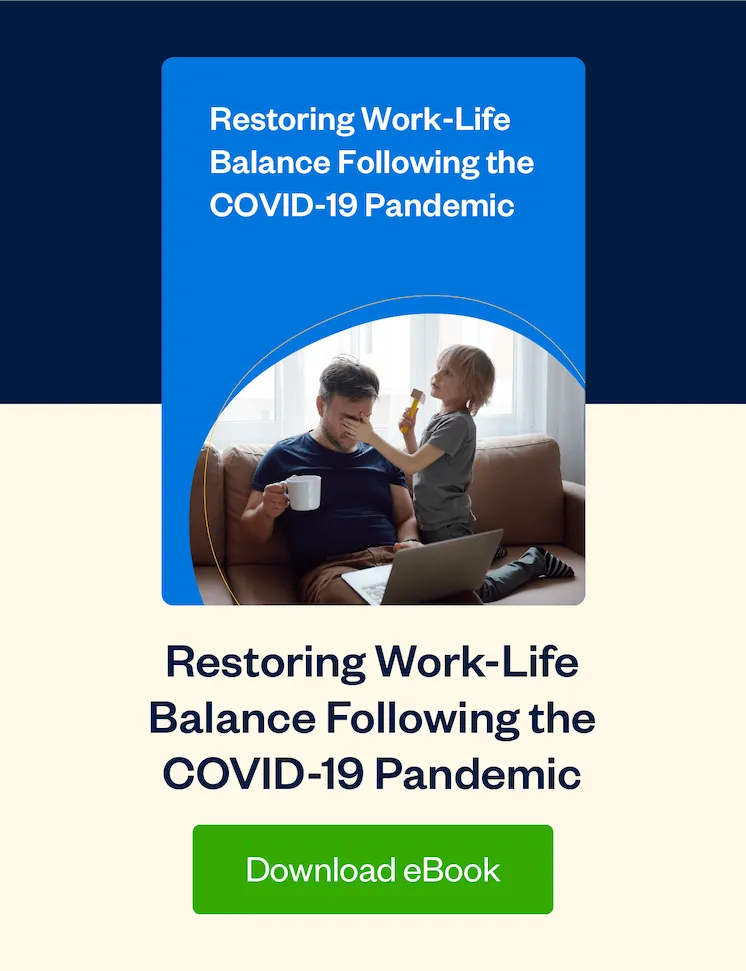Whether you’re thinking of taking over a mom-and-pop shop or a larger operation, it’s important to think long and hard about the implications of carrying on the family business.

Shortly after my husband graduated with a degree in chemical engineering, his dad decided to retire from his thriving chemical distribution company. Unexpectedly, Steve had a decision to make: Did he want to take over the family business?
It was an exciting, but daunting, prospect that led to a lot of research and deep reflection. And Steve certainly wasn’t alone. Family-owned businesses employ 60% of the U.S. workforce and generate 64% of the GDP. Yet only 30% of family businesses reportedly survive the transition from first to second generational ownership. Yikes.
How do you make the decision to take the leap—or not? In this article, we’ll walk through some pros and cons of taking over the family business. Then, we’ll leave you with some tips to help you work through your own decision-making process and best practices for making the changeover.
Taking over the Family Business: The Pros
Ready-Made Success
Starting your own business is a risky proposition. First of all, initial struggles often take years to sort out. You have to build a clientele, secure suppliers and employees, and establish a foothold in the marketplace. Not to mention figuring out systems like accounting, information technology, customer relationship management and other infrastructure.
Inheriting a family business is kind of like starting to climb Mount Everest halfway up. It certainly takes hard work, diligence and some entrepreneurial spirit to keep the climb on track. But you’ve got a huge advantage on people who start from scratch.
Built-in Support
When taking over a family business, all of the groundwork has been laid for you. As a result, you’re free to conduct “business as usual” while you explore new directions the company could take under your leadership. If you’re lucky enough to inherit experienced employees who understand the ins and outs of the business, you’ll have an easier time with your transition.
Plus, having the ear of the former CEO anytime you want is a huge bonus. This will help prevent making critical errors, which—for a business in its infancy—could come at a huge cost.
A Mid-Career Start
Most of us start our careers at the bottom and spend years working our way to a position of leadership. Taking over the family business allows you the flexibility to skip the grunt work and get right to the good stuff. While that might mean missing out on valuable learning experiences, you’ve got the aforementioned former owner on speed dial. With them handing down the hard lessons, you won’t make the same mistakes.
A Career with Meaning
Owning a business, contributing to the economy and providing jobs for your community is a fulfilling way to earn a living. And there’s an additional element of pride when you’re carrying on a tradition.
A Business with Cash Flow
Starting a business from scratch requires capital. And it can take years before an entrepreneur starts to make money. If your family’s business is already thriving, instead of worrying about cash flow, you can set your mind to growth.
And, if your plans to expand or create efficiencies require business loans, a business with a proven track record will make the process of getting funding significantly easier.
Taking over the Family Business: The Cons
Family Tension
Are you prepared to talk business at every holiday, family dinner and on each phone call? Work-life balance is tricky for all entrepreneurs. Taking over the family business could crank that challenge up several notches.
The pressure comes from both sides: You might be looking for legacy information at every opportunity and/or your parent might feel the need to micromanage or want to be notified of every change. What if you decide to take the business in a different direction—one that your parent may not approve of? Talk about family tension.
Career Limitations
With great power comes great responsibility. Becoming an employer and taking on a legacy operation locks you into a career, eliminating the possibility of a seamless transition to other work possibilities. Taking on the family business narrows your potential career path.
Bottom line: If you’re doing work that you love and find fulfilling, that’s great. If not, you may be losing out on the potential to find meaningful work on your own terms.
Identity Crisis
If you’re jumping into the family business, you’ll perpetually be known as the owner’s offspring. While there are advantages to that lofty position, there is the possibility that you’ll have to manage an identity crisis. There’s also potential for friction with established employees, suppliers and clients who may believe you haven’t earned the right to be the boss.
Business Readiness
In Steve’s case, a fresh engineering degree was not a great qualifier for becoming the president of a mid-sized company. While he understood the business to some extent, he hadn’t apprenticed for his dad and certainly didn’t have business experience or training. If you don’t have business training or experience in the industry, the learning curve could be steep.
Making Your Own Decision
Now that you have a good understanding of the benefits and drawbacks of taking over the family business, the next step is to make an actual decision. And you and you alone can decide if it’s the right decision for you.
Here are two tips to help you weigh your options:
- Draw up a mock business plan for the company under your management. The act of writing your vision will clarify your thinking and help you decide if you’re excited about the prospect of building on your family’s success—or if it feels like a burden you’d rather not take on.
- Talk openly about potential challenges. Ask tough questions of your retiring family members. Some families even invest in family counseling to help with the adjustment.
Five Best Practices as You Take the Reins
If you’re excited at the prospect of carrying on the family business, try these best practices to help with the transition:
1. Succession Planning
Create a five-year succession plan with the outgoing owners. This will allow you to work alongside your family to learn the business, make some small changes of your own and establish trust with employees, suppliers, and clients. Plus, your family will adjust to the idea of taking a less hands-on leadership role, which will help with their transition to retirement.
2. Shadowing
For larger businesses, shadow key employees to truly understand all aspects of the operation. That will include managers, but also front-line staff, too. At FreshBooks, all employees spend a week in customer support to understand customers’ pain points and the product better. You may make fresh discoveries that allow you to lead in a more informed way.
3. Flexibility
You’re not starting your own business—you’re carrying on the legacy of someone else’s vision. That doesn’t mean that you can’t make it your own in time, but it’s important to be respectful of the original business’ integrity. Consider building on established success rather than taking a sharp turn in another direction, at least at the outset.
4. Communication
Talk openly with current employees about how to maintain the company culture. Whether you’re a familiar fixture in the workplace or not, employees will naturally be concerned and curious about the changes your leadership will bring to their job. Even if you have plans for huge changes, take it slow and introduce it in waves, not all at once. Staff need time to adjust and transfer their loyalty to you.
5. Personalization
On the flip side, consider how you might make the family business your own. For example:
- Could it use a digital makeover?
- Are there outdated systems and processes that could be improved?
- Who could you hire or partner with to help you grow the business?
Conclusion
In the end, my husband Steve chose not to take over the family business. Twenty years later, he’s the co-owner of his own mid-sized chemical company, proving that if the drive for entrepreneurship is strong, you will forge your own way. (And preserve the relationship with your family in the process.)
On the other hand, who knows what success and fulfillment Steve could have found by carrying on his father’s legacy. The choice to take over the family business—or not—is as individual as people themselves. Do your research and follow your gut.
This post was updated in April 2020.

Written by Heather Hudson, Freelance Contributor
Posted on July 28, 2016

 11 Important Legal Documents for Small Business Success
11 Important Legal Documents for Small Business Success Is Running a Business With Your Spouse a Good Idea?
Is Running a Business With Your Spouse a Good Idea? Think Like a Business Owner, Not an Employee
Think Like a Business Owner, Not an Employee





